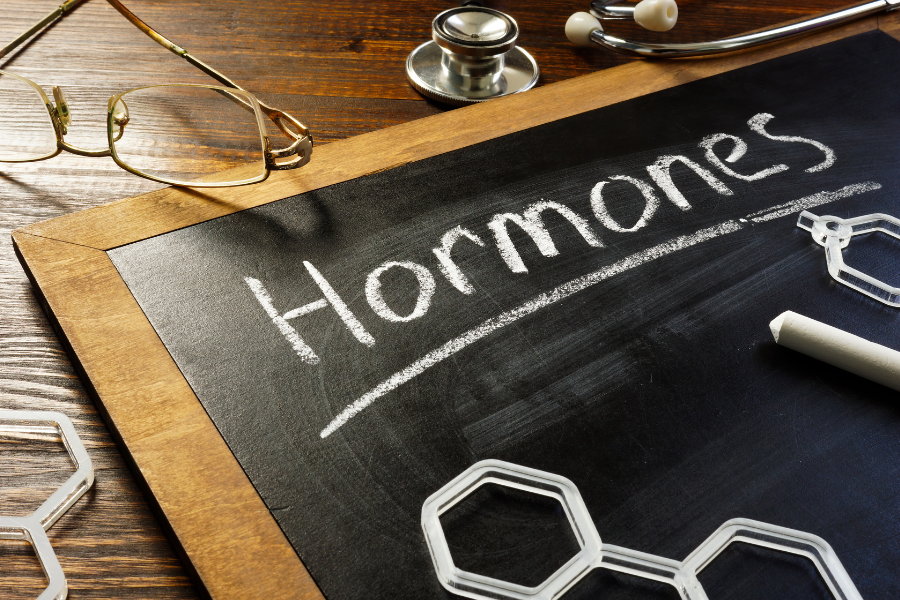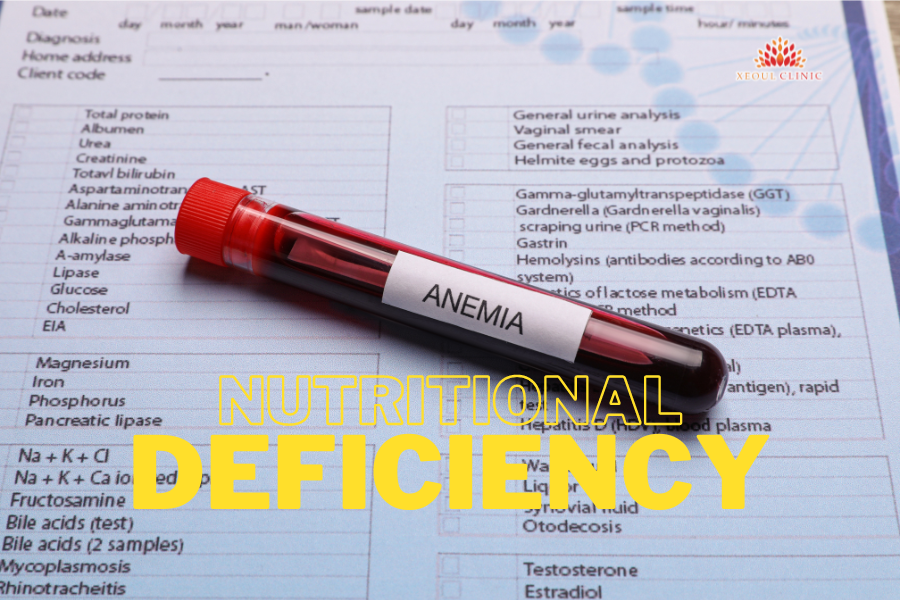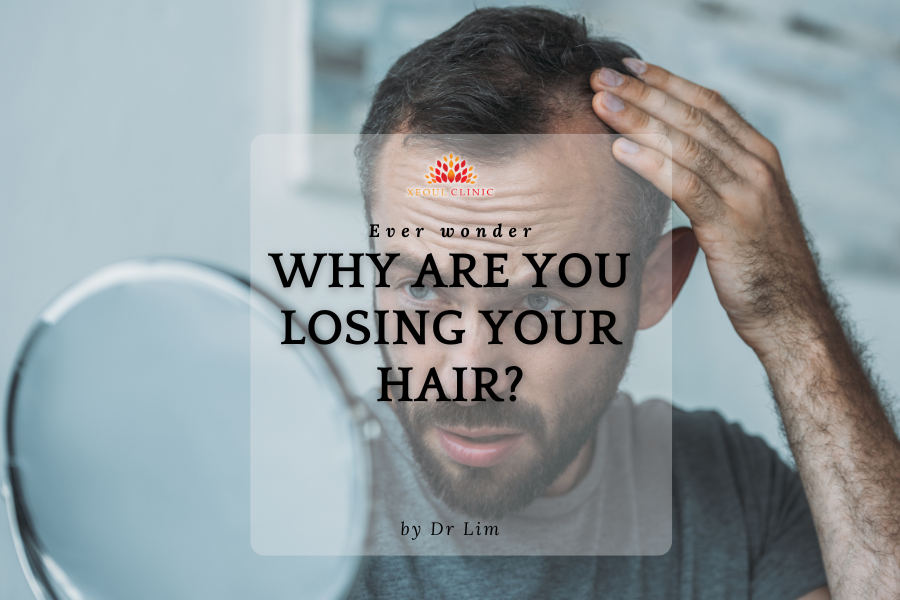Hair loss is a common concern for many individuals, affecting both men and women of all ages. From genetics to lifestyle factors, several causes can contribute to hair loss. Understanding the reasons behind hair loss are important for effective management and treatment. In this blog post, we’ll discuss the various factors that can lead to hair loss.
1. Genetics (Androgenetic alopecia) This is also known as male-pattern baldness or female-pattern hair loss and is the most common cause of hair loss. It’s hereditary and is primarily caused by genetic factors and hormonal influences. In men, it’s characterized by a receding hairline and baldness at the crown, while in women, it typically leads to diffuse thinning of the hair over the crown and frontal scalp. This type of hair loss occurs due to the hormone dihydrotestosterone (DHT), which shrinks hair follicles, leading to shorter and finer hair growth cycles.

2. Hormonal changes Hormonal fluctuations can also contribute to hair loss. Changes in hormone levels during menopause can cause hair to become thinner, particularly due to decreased estrogen and progesterone levels and increased androgen activity. Similarly, changes in hormone levels during pregnancy or due to thyroid disorders can disrupt the hair growth cycle, leading to hair thinning or loss.
3. Medical conditions Several medical conditions can cause hair loss. Alopecia areata is an autoimmune disorder where the body’s immune system attacks hair follicles, resulting in patchy hair loss. Scalp infections, such as ringworm or bacterial infections, can also lead to hair loss, inflammation, and itching on the scalp. Additionally, trichotillomania, a psychological disorder characterized by the urge to pull out one’s hair, can cause noticeable hair loss and bald patches.
4. Medications Some medications can cause hair loss as a side effect. Examples include chemotherapy drugs, anticoagulants, retinoids, beta-blockers, and antidepressants. Hair loss due to medication is usually temporary and resolves once the medication is stopped or the dosage is adjusted.

5. Nutritional deficiencies Nutrients like iron, biotin, and certain vitamins play crucial roles in hair growth. Deficiencies in these nutrients can weaken hair follicles and disrupt proper hair growth, resulting in thinning or excessive shedding.
6. Stress Stressful events, such as illness, surgery, major life changes, or emotional trauma, can trigger a type of hair loss called telogen effluvium. In this condition, a larger proportion of hairs enter the resting phase (telogen) prematurely, leading to increased shedding. Once the precipitating cause is removed, the hair can typically regrow.

7. Hairstyles Traction alopecia is caused by repeated pulling or tension on the hair follicles. This can occur from hairstyles that pull the hair tight, such as tight ponytails or braids. Over time, the constant pulling can damage the hair follicles and lead to permanent hair loss in affected areas. Excessive heat from styling tools like hair dryers, straighteners, and curling irons can also cause damage to the hair cuticle, resulting in weakened hair that is prone to breakage.
In conclusion, hair loss can be caused by a variety of factors, ranging from genetics and hormones to lifestyle and medical conditions. In future posts, we’ll explore treatment options and lifestyle changes that can help combat hair loss and promote hair regrowth. Stay tuned for more insights and tips on achieving healthy, beautiful hair! If you’re experiencing significant or persistent hair loss, remember that you can always come and consult with us at Xeoul Clinic
Author: Dr Lim Xin Ying, 31 March 2024

